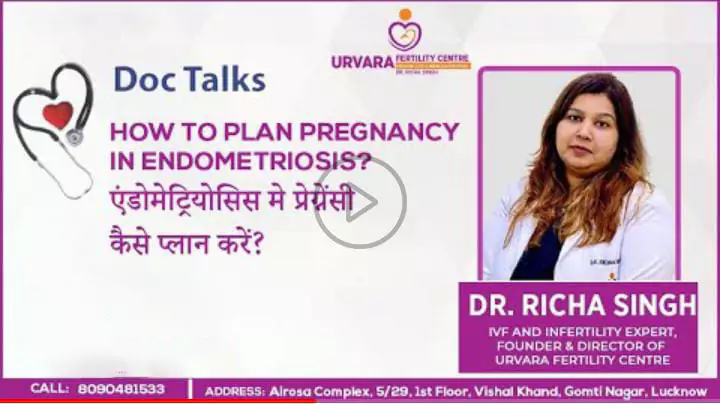Everything You Need to Know About Miscarriage
Many different factors can cause a miscarriage. Some of the most common include chromosomal abnormalities in the fetus, hormonal imbalances, and certain medical conditions in the mother, such as diabetes or lupus. Other factors that may increase the risk of miscarriage include advanced maternal age, tobacco and alcohol use, exposure to certain environmental toxins, and certain infections. In many cases, the cause of a miscarriage is not known.
What are the odds of another miscarriage?
The risk of having another miscarriage depends on a variety of factors, including the cause of the first miscarriage, the woman's age, and her general health. If the cause of the first miscarriage was something that can be treated or corrected, such as a hormonal imbalance or a uterine abnormality, the risk of having another miscarriage may be lower. If the cause of the first miscarriage is unknown or cannot be treated, the risk of having another miscarriage may be higher. In general, the risk of having another miscarriage is highest after the first miscarriage, with the risk decreasing with each subsequent pregnancy. According to the American College of Obstetricians and Gynecologists, the risk of recurrent miscarriage (having two or more consecutive miscarriages) is estimated to be between 1% and 5% for women who have experienced one miscarriage. However, it is important to note that most women who have had a miscarriage will go on to have a successful pregnancy in the future.
When is the best time for pregnancy after miscarriage?
The timing of a subsequent pregnancy after a miscarriage is a personal decision that depends on a variety of factors, including physical, emotional, and psychological readiness, as well as medical recommendations. Many doctors recommend waiting for at least one to three menstrual cycle after a miscarriage before trying to conceive again, to allow the body time to heal and return to a normal menstrual cycle. This usually means waiting about 4 to 12 weeks after a miscarriage to try to get pregnant again. However, some doctors may recommend waiting longer, depending on the individual situation. A woman needs to talk with her doctor about the best timing for subsequent pregnancy after a miscarriage. The doctor can help the woman understand her unique situation and make a recommendation based on her specific circumstances.
Are special tests recommended before attempting pregnancy after miscarriage?
Although there is not yet a cure for endometriosis, treatments are often prescribed to slow its progression, relieve pain, improve fertility, and prevent the condition from returning.
What will happen if I have endometriosis and I become pregnant?
It is generally recommended to wait until you have had at least one normal menstrual cycle before trying to get pregnant again after a miscarriage. This allows time for your body to heal and for your menstrual cycle to return to normal. It is also a good idea to speak with your healthcare provider about any concerns you may have and to discuss any special tests or medical interventions that may be necessary before attempting pregnancy again. They can help you determine the best course of action for your situation./p>
Is there anything that can be done to improve the chances of a healthy pregnancy ?
There are several things you can do to improve your chances of having a healthy pregnancy:
- 1. Get early prenatal care: It is important to start receiving prenatal care as soon as you find out you are pregnant. Prenatal care can help you have a healthy pregnancy and a healthy baby.
- 2. Eat a healthy diet: A healthy diet is important for both you and your baby. Eat a variety of foods, including fruits, vegetables, whole grains, and lean proteins.
- 3. Stay active: Regular physical activity can help you have a healthy pregnancy. Talk to your healthcare provider about what types of exercise are safe for you.
- 4. Avoid certain substances: Avoid smoking, alcohol, and illegal drugs, as they can harm your baby. Also, be sure to talk to your healthcare provider before taking any medications, including over-the-counter medications.
- 5. Manage chronic conditions: If you have a chronic condition such as diabetes or epilepsy, it is important to manage it carefully during pregnancy. Be sure to follow your healthcare provider's recommendations.
- 6. Avoid certain activities: There are certain activities that you should avoid during pregnancy, such as contact sports and activities that could result in a fall. Be sure to talk to your healthcare provider about any activities that may not be safe during pregnancy.
What emotions are likely during subsequent pregnancies ?
It is common to experience a range of emotions during subsequent pregnancies, especially if you have had a previous miscarriage. Some people may feel anxious or fearful about the possibility of experiencing another miscarriage, while others may feel excited and hopeful about the prospect of having another child. It is important to remember that it is normal to have a range of emotions and that it is okay to express them. It can also be helpful to talk to your healthcare provider or a mental health professional about your feelings. They can provide support and guidance during this time.

